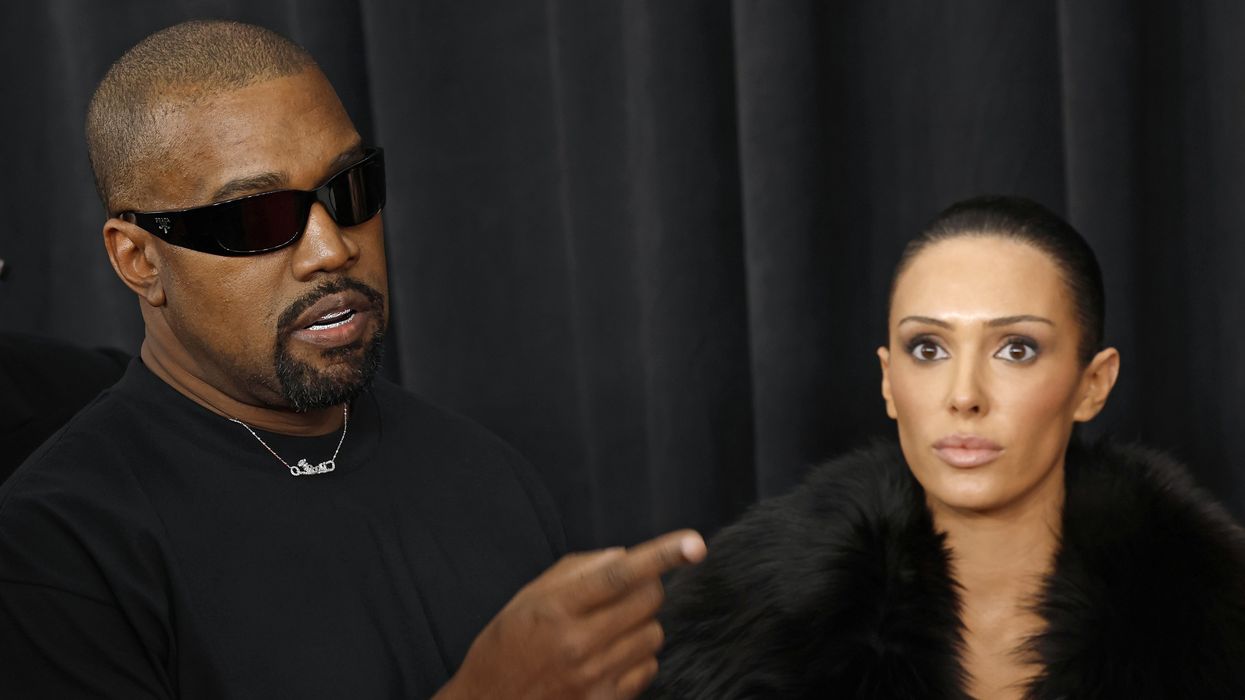By Amit Roy
THE apparent suicide of the 25-year-old British Indian actress, Jiah Khan, in Mumbai in 2013 was analysed in a harrowing three-part BBC Two documentary, Death in Bollywood, last week.
Did she really hang herself with a dupatta from a ceiling fan in the spare bedroom of her apartment in Mumbai? Had she been dumped by her boyfriend of barely five months, Sooraj Pancholi, who was two years younger than Jiah and had done nothing to stop his girlfriend from having an abortion?
Or did Pancholi – or someone acting on his behalf – climb undetected into the apartment and make murder look like a suicide, as is claimed by Jiah’s mother, Rabiya Khan? She had made the traumatic discovery of her daughter’s body just before midnight on June 3, 2013.
“My daughter has been killed – my first suspect has been Sooraj Pancholi,” Rabiya told the BBC.
Ultimately, viewers who were furnished “facts” both for and against these conflicting theories, will have to make up their own minds. The charge of “abetment to suicide”, which exists in India, still remains on the books against Pancholi.
What one can say is that British Asian parents should be wary of letting vulnerable young women go to Bollywood, even though the industry is portrayed as glamorous and seductive in the UK.
At the start of each episode, Jiah reads a little poem to camera: “What is this fame?/ It is the devil’s game?/ You run to succeed?/ And you let the vultures feed.”
She was, in a sense, a London girl so the documentary cannot entirely be dismissed as a form of “tragitainment”. To be sure, one should not condemn the entire Hindi movie industry, but the film will have done some good if it prevents another British Asian girl from being destroyed by Bollywood.
Jiah was not her real name. She was born Nafisa Rizvi Khan in New York on February 20, 1988, to Ali Rizvi Khan, an Indian American businessman, and Rabiya Amin, a Hindi film actress in the 1980s from Agra, Uttar Pradesh. The couple split up when Jiah was only two. According to the programme, she moved to London in 1989, where her sisters, Karishma and Kavita Bhaker, were born in 1990 and 1992, respectively. It is not entirely clear whether they are the daughters from Rabiya’s second husband, German-born Thomas Puppendahl.
Some of the early family videos do not make comfortable viewing. It seems from a very tender age, Jiah copied Bollywood dancing. When guests came to dinner, Rabiya would ask her precocious daughter to perform for the assembled gathering.
Rabiya used her contacts to get her daughter into a Bollywood film when she was only 16. But the big break came two years later in 2007, when Jiah was cast opposite Amitabh Bachchan in Nishabd, a Bollywood version of Stanley Kubrick’s 1962 film Lolita, based on Vladimir Nabokov’s 1955 novel of the same name.
In India, director Ram Gopal Varma’s Nishabd had mixed reviews, but it certainly launched Jiah’s career. Her mother expressed delight: “I saw her poster on every lamp post – I really felt God has blessed her.”
Her stepfather also told the programme: “To make your first movie with Amitabh Bachchan is like going to Hollywood and making your first movie with Tom Cruise.”
Her mother added there was this “buzz about a new girl from England – at that time, nobody knew she was my daughter”.
Jiah lived one life in Mumbai, but was “normal” when she periodically returned to London, her sisters said.
Rabiya has been left with the extensive press coverage of her daughter: “I have kept everything – everything happened too fast. It would have better if it had slowed down.”
However, that didn’t happen. Jiah was hailed as the new sensation and cast in the Aamir Khan-starrer, Ghajini in 2008, followed by Housefull in 2010, with a cast that included Akshay Kumar, Deepika Padukone, Riteish Deshmukh, Lara Dutta and Arjun Rampal. But her career was less successful after those three movies.
Rabiya gets to the crucial meeting in Jiah’s life: “In 2012 September she meets Sooraj Pancholi when she was 24 (and) he was 22.”
Pancholi, born on November 9, 1990, to parents who had acting careers in Bollywood – Aditya Pancholi and Zarina Wahab – had ambitions himself of entering the industry, which he has since done. In January 2013, Jiah messaged her sisters to whom she remained close throughout: “I am pregnant – he does not want me to keep it.”
Pancholi denies forcing Jiah to have an abortion, but it seems he did nothing to discourage her either.
On June 3, 2013, there were intemperate mobile phone exchanges between the couple, followed by Jiah’s death sometime “between 10.53pm and 11.22pm”.
Rabiya says it wasn’t Pancholi who dumped her daughter, but the other way round. The tracksuit Jiah was wearing when she returned that evening to her apartment has never been found and her phone was also wiped clean. In addition, there were bruise marks on her neck and arm which have not been explained.
A QC retained by the family, Paul Garlick, stated: “We were approached by the Khan family with a view to establishing what really happened that night. I don’t want to be over critical, but this was badly investigated and serious mistakes have been made.”
Also speaking on behalf of Rabiya, forensic physician Jason Payne-James commented: “We need to look at this again. We need to find an explanation about the oval mark on Jiah’s neck (and) the bruising on her arm. All these things ... point towards the fact that this was not a suicide. And at that point there should be a proper investigation as to whether this was a murder.”
But Pancholi told the BBC he was innocent. Jiah had told him she was raped at 14 in London, but the father of the alleged assailant had been in touch with him to say “the accuser was Rabiya Khan. I was shocked when I heard that because this was the same guy Nafisa had told me about who had raped her, but these people did not lose the case in the UK – they won their case.”
The Evening Standard court reporter Paul Cheston told the programme about the case at the Old Bailey: “The defendant was 28 years old and the son of a very wealthy business mogul. He faced two charges of sexually assaulting 14-year-old Nafisa Khan. It was alleged by the prosecution that knowing full well how young she was, he pursued her, plied her with champagne, took her to nightclubs and drove her round in his fast and flashy cars to impress her and then to have sexual intercourse with her.
“The fact that there was a relationship between this 28-year-old man and this 14-year-old was not in dispute. The defendant told the jury Nafisa had told him she was 18 and had been quite specific about that.
“What was crucial to the jury’s deliberations was a series of letters written by Nafisa to the defendant in which – according to the defence – it showed she had been in love with the defendant and that their relationship was a consensual one. The significance of the letters was that it introduced an element of doubt between what Nafisa was saying and what the defendant was saying. The jury returned a not guilty verdict on the defendant.”
The programme showed what seemed to a newspaper report: “Soon afterwards, she slashed her wrists. She attempted suicide again by taking pills, and had to be taken to hospital to be resuscitated.”
Early in the documentary, Bollywood journalist S Ramachandran observed that everyone had jumped to their own conclusions: “The collective cacophony of those voices end up being the truth.”



















 Netflix’s new pricing structure affects all plans, including the ad-supported tieriStock
Netflix’s new pricing structure affects all plans, including the ad-supported tieriStock The company continues to invest in exclusive content like Squid Game and live sportsiStock
The company continues to invest in exclusive content like Squid Game and live sportsiStock With prices rising, many subscribers are exploring budget-friendly streaming alternativesiStock
With prices rising, many subscribers are exploring budget-friendly streaming alternativesiStock